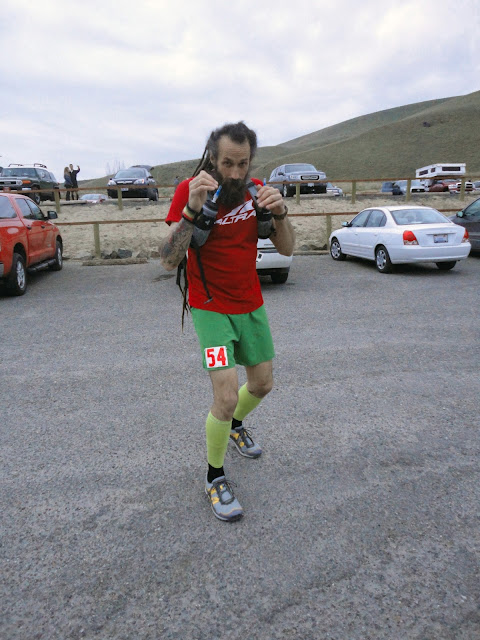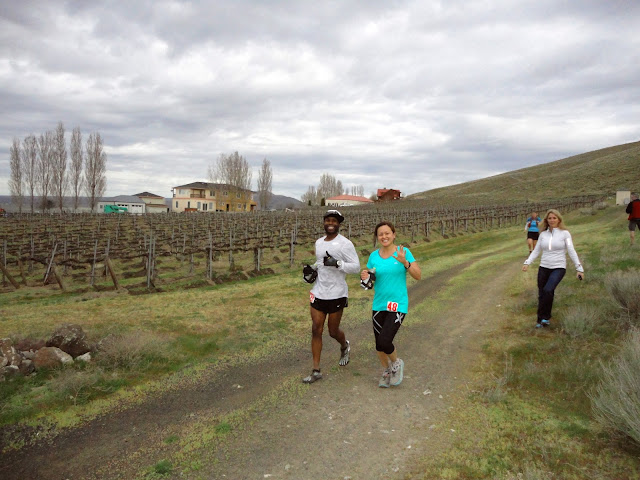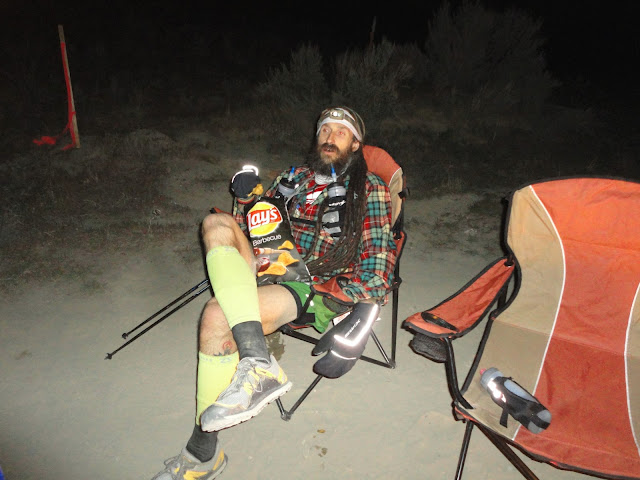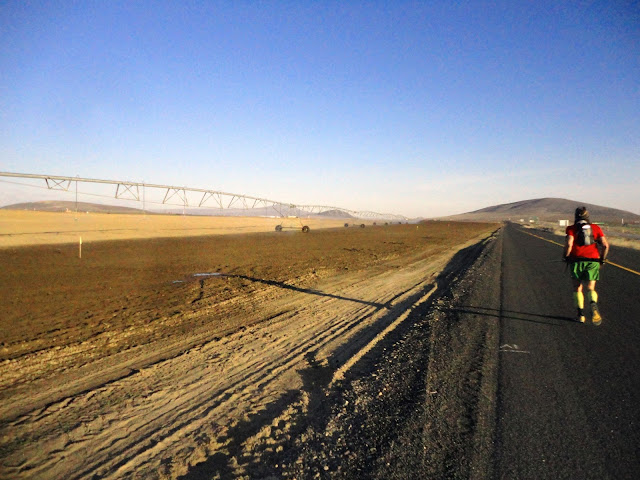This Is Your Brain On Your Very Humanity Itself
Wherein I address the question, Can Trail Running Develop into an Unhealthy Addiction?
When I first read the above question, I presumed the operative word was 'addiction'. And the place that trail running holds in a livicated runner's life, to the outside observer, can easily be construed as such. Trail runners often need to run more and more to have the desired experience. When the person does not run they experience unpleasant side effects, frequently the opposite of those of trail running. They have difficulty cutting back, even if it's strategic tapering. Social, occupational, and/or recreational activities become more focused around the trails. Trail runners become preoccupied with running, spending increasing amounts of time planning, engaging in, and recovering from trail adventures. In short, many trail runners display the hallmarks of addiction in their relationship with running.
Beyond mere appearance, for all intents and purposes running affects the brain like a controlled substance. Or, more precisely, like two controlled substances: opium and marijuana.
During intense physical activity opioids are released in a runner's brain. These compounds, although produced within the human body, activate the same receptors in the brain as does ingesting heroin. Opioid receptor activation can help to blunt pain. It can also affect the reward centers of the brain, increasing the release of dopamine causing pleasurable feelings; feelings of bliss, well-being, elation, euphoria.
Forty-five minutes to an hour of moderate running produces elevated levels of cannabinoids, molecules that activate the brain's cannabinoid receptors. These are the same receptors that the THC in marijuana activates, producing similar results. Runner's high indeed.
Another seeming link between running and addiction is in the therapeutic realm. Timothy Olson has been brutally, and commendably open about his struggles with addiction and the role that trail running has played in that battle. Running would logically seem to function as methadone, taking the place of the addictive substance. But I would posit that it serves more as a higher power.
However, 'unhealthy' is truly the operative word in that question. Whether running can be an addiction or not is immaterial. Trail running predates the cultivation of poppies or marijuana or any other form of agriculture. It predates religion. It predates human speech. Trail running is an essential and quintessential human activity, an artifact from the savannah, from when we were just distinguishing ourselves from the broader designation of 'hominid'.
Trail running cannot become an unhealthy addiction because it is neither unhealthy nor addicting. It is a proto-human behavior, a thing so deeply ingrained in us that the two cannot be seperated, we from it. And there's little profit in accusing us of being addicted to our own humanity.

































